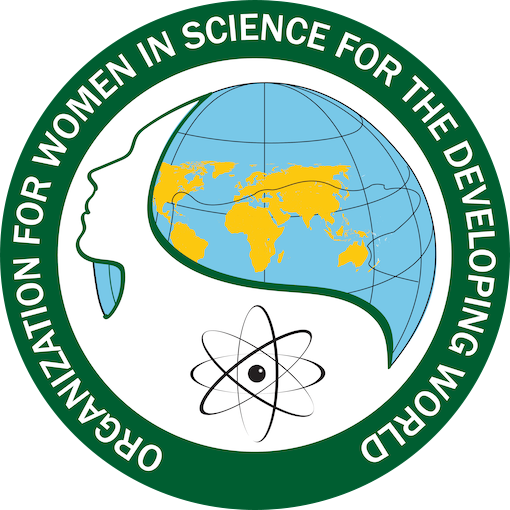
OWSD PhD Fellowship

About me
I am a biologist from Bolivia and a PhD student in Biological Sciences at Universidad Nacional de Córdoba - Argentina, specializing in the early growth and survival of Polylepis australis in degraded mountain ecosystems. My work focuses on evaluating the effects of soil nutrient availability and plant–plant interactions on the early development of P. australis, aiming to improve restoration strategies for native forests, which are essential for the conservation of soil, water, and biodiversity. I have participated in several research projects focused on Polylepis forest conservation in Bolivia, as well as projects promoting the incorporation of native species into urban green spaces in La Paz, aiming to enhance human well-being and conserve native fauna associated with these plants.
I am a biologist from Bolivia. My undergraduate thesis focused on achieving in vitro rooting of apical buds of Polylepis racemosa using plant biotechnology techniques, followed by their acclimatization in the nursery. Later, I participated in several projects related to the conservation of Polylepis forests, including evaluating different substrates for Polylepis seedling growth and studying the germination of various Polylepis species from the department of La Paz, Bolivia.
In collaboration with the Municipality of La Paz, I also worked on incorporating native tree species into the city’s green areas. This involved fieldwork and public training activities aimed at raising awareness about the importance of restoring and maintaining native species rather than using exotic ones.
In addition to my work on Polylepis conservation, I gained experience in molecular biology. I participated in a project focused on assessing the genetic variability of Theobroma cacao in Bolivia, which included standardizing DNA extraction and PCR protocols for selected microsatellites, and identifying and selecting molecular markers for cocoa samples. I also worked at the Molecular Biology Institute of Universidad Mayor de San Andrés, contributing to research on diarrheal diseases using molecular techniques.
I hold a Master of Science in Geo-Information and Earth Observation, with a specialization in Land Information for Territory Planning, obtained from the Center for Aerospace Surveys and GIS Applications for the Sustainable Development of Natural Resources (UMSS, Cochabamba – Bolivia). My studies were supported by a scholarship from NUFFIC, the Netherlands Organization for International Cooperation in Higher Education. My master’s thesis focused on mapping burned areas using spectral indicators derived from Landsat 5 TM imagery.
Furthermore, I served as a GIS and Cartography Consultant for the Foundation for the Development of Ecology (FUND-ECO), The Nature Conservancy (TNC), and the Municipal Autonomous Government of La Paz (GAMLP). My responsibilities included establishing baselines and indicators for biodiversity and water-source monitoring, integrating data on vegetation, land use, hydrology, and biodiversity using GIS, projecting and georeferencing satellite images, identifying priority areas for conservation, and creating wetland maps based on spectral indices.
I also worked at the National Service of Protected Areas (SERNAP), where I was responsible for reviewing, evaluating, and analyzing documents related to Activities, Works, and Projects (AOPs) implemented within Bolivia’s Protected Areas. My duties included monitoring the work of technical and administrative staff across 22 National Protected Areas and evaluating cartographic information associated with approved and ongoing AOPs. Additionally, I contributed to the development of three Integrated Monitoring Plans for the Subnational Protected Areas of Tucabaca, Moxos, and Pampas del Yacuma.
At the Vice Ministry of Science and Technology (Ministry of Development Planning), I contributed to the implementation of the National Food Platform—an initiative connecting the science and technology sector with research institutions and government agencies. My duties involved systematizing information on high-nutritional-value foods (e.g., quinoa, cañahua), organizing workshops and public events to promote collaboration among platform members, and supporting the formulation of policies on food security and sovereignty that incorporate social and environmental responsibility.
Finally, I worked at the Inter-American Institute for Cooperation on Agriculture (IICA Bolivia), providing logistical and organizational support for the project “Institutional Strengthening and Capacity Development of INSA and Public and Private Actors.” This included organizing interdepartmental workshops (La Paz, Cochabamba, and Santa Cruz) to strengthen institutional capacity in risk management and agricultural insurance, as well as coordinating virtual courses and training sessions for technical staff.
